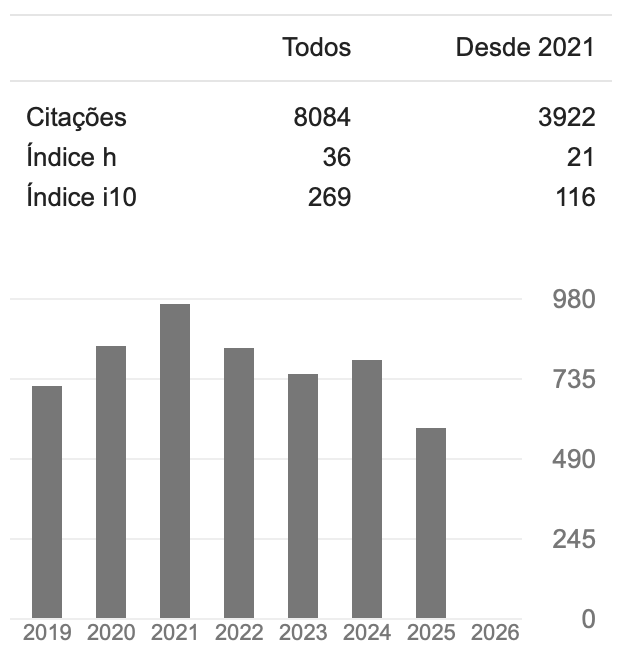The Body With Deficiency: A Study on Health Models
Keywords:
Human Body, People With Deficiency, Social Justice, Body Image, Vulnerability.Abstract
Contemporary society expresses its aesthetic standards by giving emphasis to the physical valorization of the human being and by interfering in the individual’s sociability. Alterations in the body with deficiency are stigmatized as signs of weakness and sickness. The physician has to treat the body as the sole cause of disease, discarding social structures such as oppression and marginalization. This results in two models that are antagonistic to the deficiency aspect. According to the biopsychosocial model, functionality and incapability depend on the interaction of biological, psychological and social factors that determine the person’s activity and participation. Current analysis investigated the relationship of the body with deficiency and compared it with health models. A review of the literature and a bibliographical search in electronic databases National Library of Medicine (MEDLINE/PubMed), Scielo and SPORTDiscus, the following keywords were employed: Human Body; Disabled Persons; Social Justice; Body Image; Vulnerability. Body difference in deficiency gives a higher value to the body and makes it always present. In the literature, model transition is evident. In fact, all models have positive factors and gaps. Comprehending in which health model the body with deficiency is situated may directly affect practices and future investigations on the theme so that social equity could be materialized.Downloads
Download data is not yet available.
Downloads
Published
2012-05-30
How to Cite
Martins, N. A., & Borges, G. F. (2012). The Body With Deficiency: A Study on Health Models. Saúde E Pesquisa, 5(2). Retrieved from https://periodicos.unicesumar.edu.br/index.php/saudpesq/article/view/2248
Issue
Section
Artigos de Revisão
License
A submissão de originais para a revista Saúde e Pesquisa implica na transferência da Carta Concessão de Direitos Autorais, pelos autores, dos direitos de publicação digital para a revista após serem informados do aceite de publicação.A Secretaria Editorial irá fornecer da um modelo de Carta de Concessão de Direitos Autorais, indicando o cumprimento integral de princípios éticos e legislação específica. Os direitos autorais dos artigos publicados nesta revista são de direito do autor, com direitos da revista sobre a primeira publicação. Os autores somente poderão utilizar os mesmos resultados em outras publicações, indicando claramente a revista Saúde e Pesquisa como o meio da publicação original. Em virtude de tratar-se de um periódico de acesso aberto, é permitido o uso gratuito dos artigos, principalmente em aplicações educacionais e científicas, desde que citada a fonte. A Saúde e Pesquisa adota a licença Creative Commons Attribution 4.0 International.
A revista se reserva o direito de efetuar, nos originais, alterações de ordem normativa, ortográfica e gramatical, com vistas a manter o padrão culto da língua e a credibilidade do veículo. Respeitará, no entanto, o estilo de escrever dos autores. Alterações, correções ou sugestões de ordem conceitual serão encaminhadas aos autores, quando necessário. Nesses casos, os artigos, depois de adequados, deverão ser submetidos a nova apreciação. As opiniões emitidas pelos autores dos artigos são de sua exclusiva responsabilidade.













